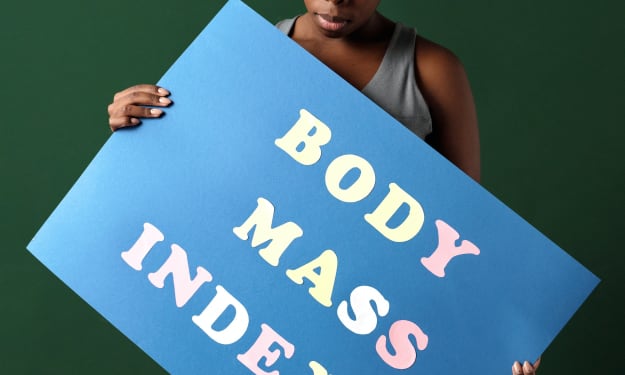The Importance of Hydration: How Much Water Do You Really Need?
Introduction:

Water is the elixir of life. It quenches our thirst, keeps us refreshed, and plays a vital role in maintaining our overall health and well-being. Hydration is a simple yet powerful practice that often goes unnoticed. So, let's dive into the world of hydration and explore its importance, debunking common myths along the way.
Water is an essential component of our bodies, making up about 60% of our total body weight. Every cell, tissue, and organ depends on water to function optimally. It regulates body temperature, lubricates joints, aids digestion, transports nutrients, and flushes out waste products. Without adequate hydration, our bodies cannot perform at their best.
But how much water do you really need? The commonly recommended "eight glasses a day" may be a good starting point, but it doesn't take into account individual variations, such as activity level, climate, and overall health. The truth is, the ideal water intake varies from person to person. However, there are some general guidelines to help you stay hydrated.
One way to estimate your water needs is by considering your body weight. A common rule of thumb is to consume half an ounce to one ounce of water per pound of body weight. For example, if you weigh 150 pounds, you would aim to drink 75 to 150 ounces (approximately 2.2 to 4.4 liters) of water per day. This range takes into account variations in individual needs and can be adjusted based on factors like physical activity and climate conditions.
Real-life examples can shed light on the importance of hydration. Imagine an avid hiker embarking on a challenging trek through a scorching desert. The blazing sun and physical exertion cause them to sweat profusely, rapidly depleting their body's water reserves. Without replenishing their fluids, they risk dehydration, which can lead to fatigue, dizziness, and even heatstroke. In this situation, proper hydration becomes a matter of survival.
Similarly, athletes pushing their limits during intense workouts or competitions rely on hydration to maintain peak performance. Dehydration can impair their endurance, cognitive function, and overall athletic ability. Staying properly hydrated is a game-changer, helping them achieve their personal best and prevent muscle cramps and fatigue.
Hydration is not only crucial during physically demanding activities but also in our day-to-day lives. Even mild dehydration can impact our mood, cognitive function, and energy levels. Have you ever experienced a mid-afternoon slump or difficulty concentrating during a long meeting? It could be a sign that you need to hydrate. Keeping a water bottle handy and sipping throughout the day can help combat fatigue and keep you mentally sharp.
It's important to note that staying hydrated doesn't mean drinking water alone. Many fruits and vegetables have high water content and can contribute to your overall hydration. Foods like watermelon, cucumbers, oranges, and spinach not only provide essential nutrients but also help replenish your body's water stores. Additionally, herbal teas and clear broths can contribute to your daily fluid intake.
It's worth debunking a common myth: the notion that if you're not thirsty, you don't need to drink water. While thirst is a useful indicator of dehydration, it is not always reliable, especially in certain situations, such as during intense physical activity or in older adults who may have a diminished sense of thirst. To stay adequately hydrated, it's essential to drink water regularly, even if you don't feel thirsty.
In conclusion, hydration is a fundamental practice that influences our health, performance, and overall well-being. The amount of water you need varies based on individual factors, but a general guideline is to consume half an ounce to one ounce of water per pound of body weight. Real-life examples highlight the significance of hydration in physically demanding activities and everyday life. Remember to listen to your body, keep a water bottle nearby, and embrace the power of hydration. Drink up, and let the refreshing flow of water nourish your body and mind. Cheers to your health!






Comments
There are no comments for this story
Be the first to respond and start the conversation.